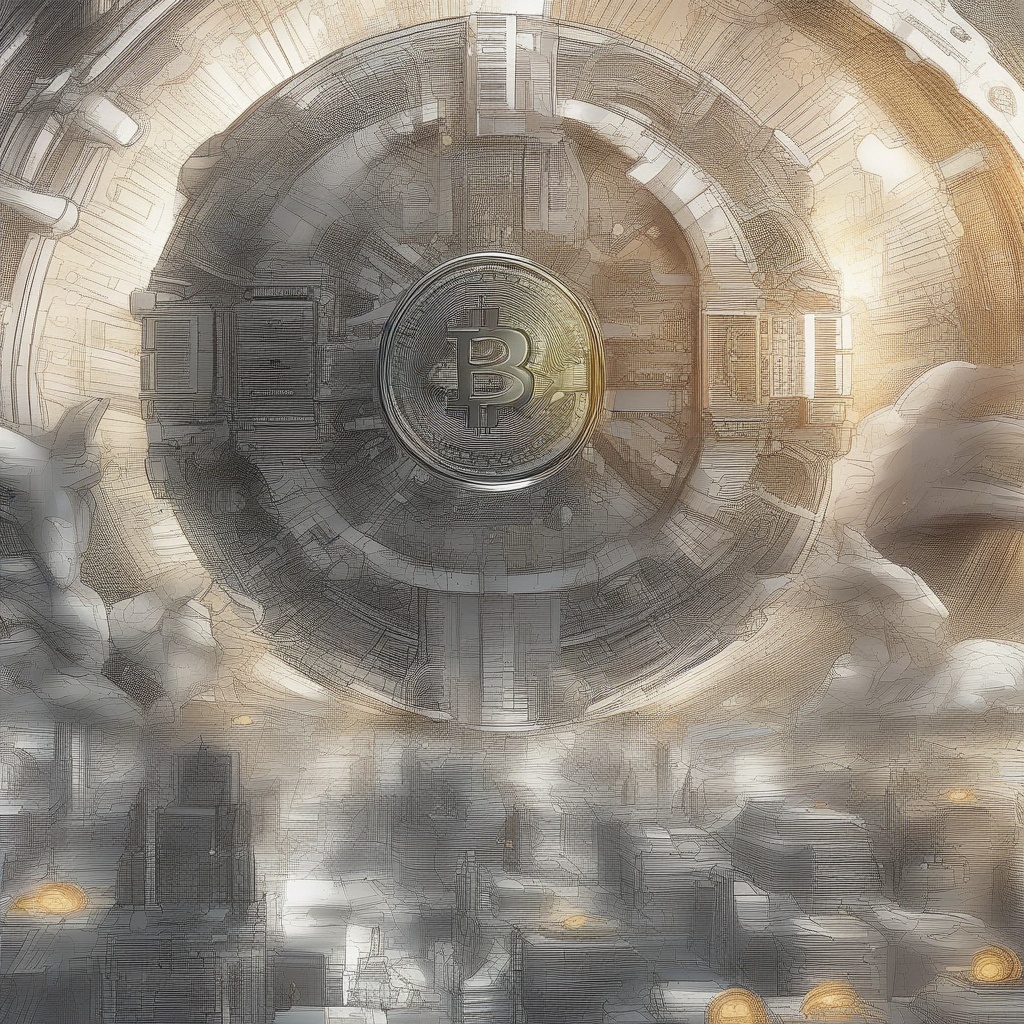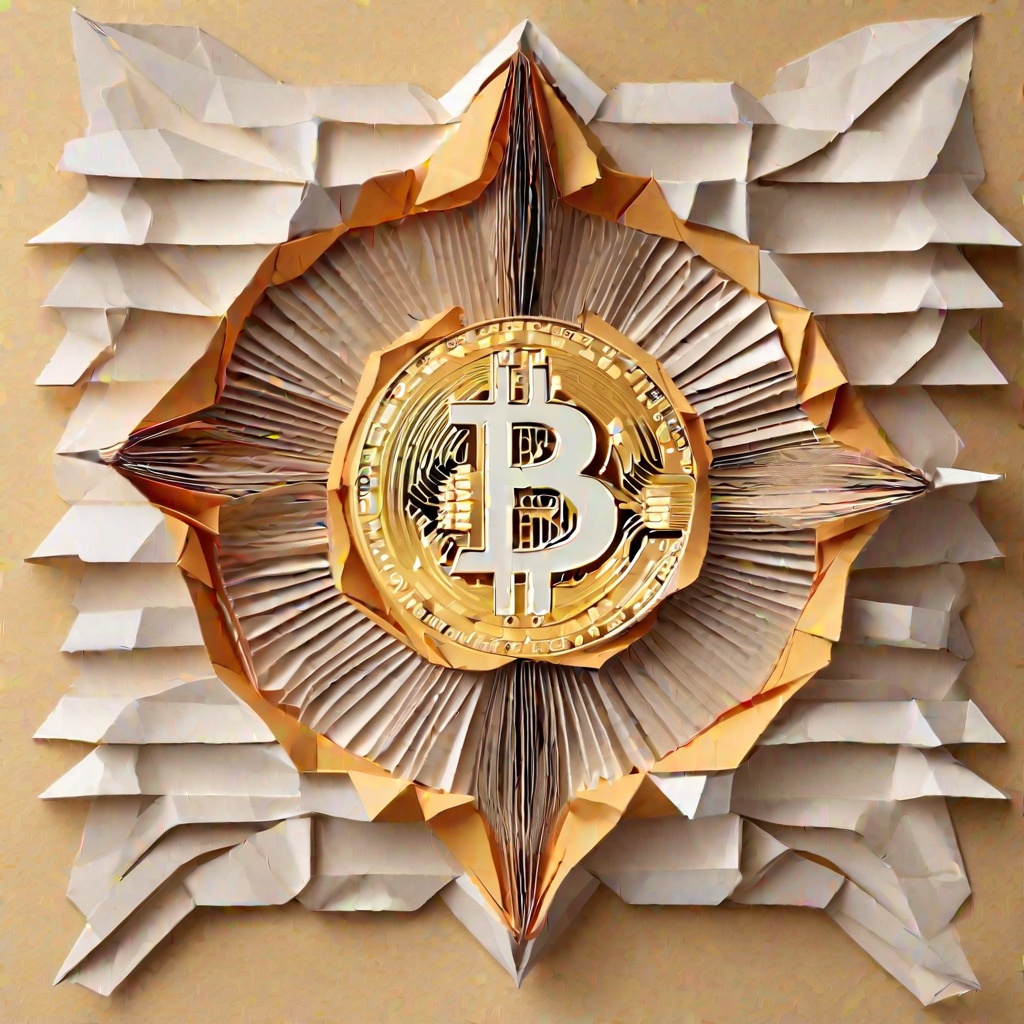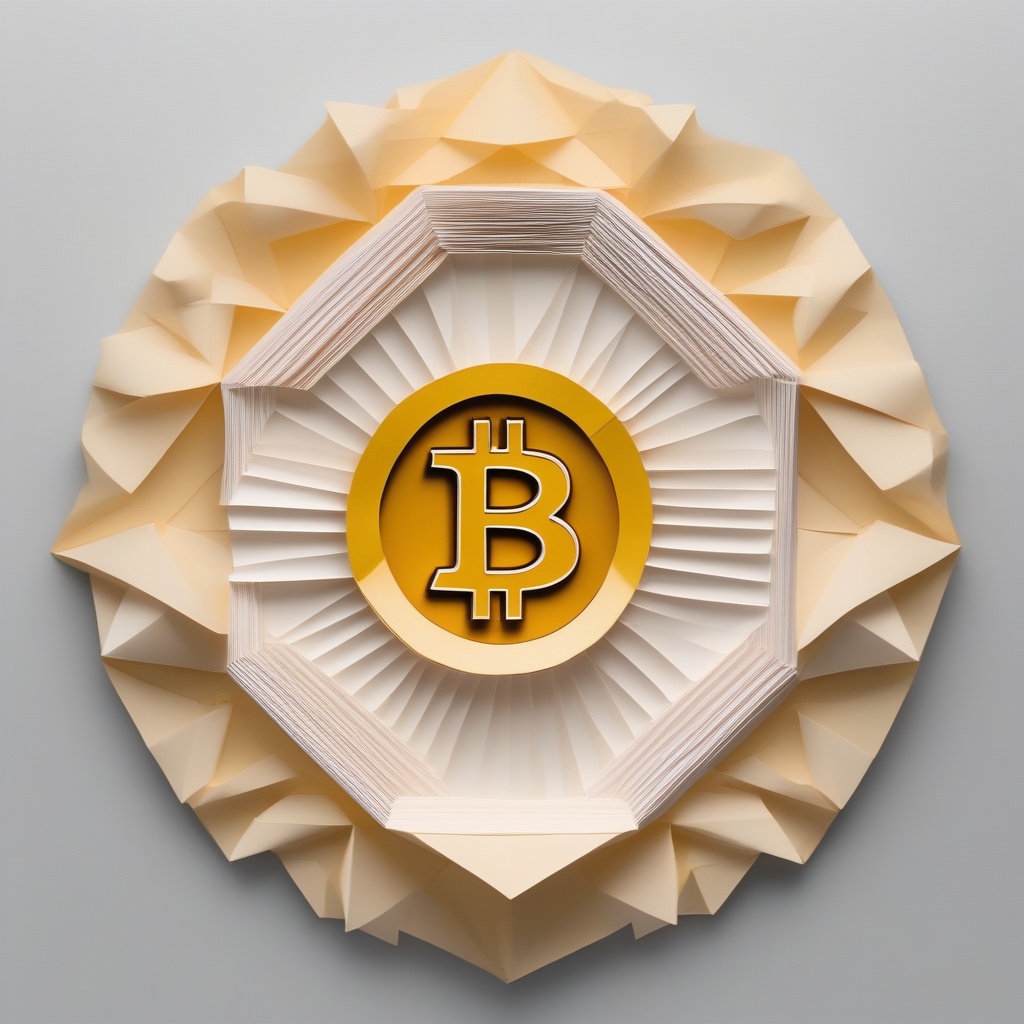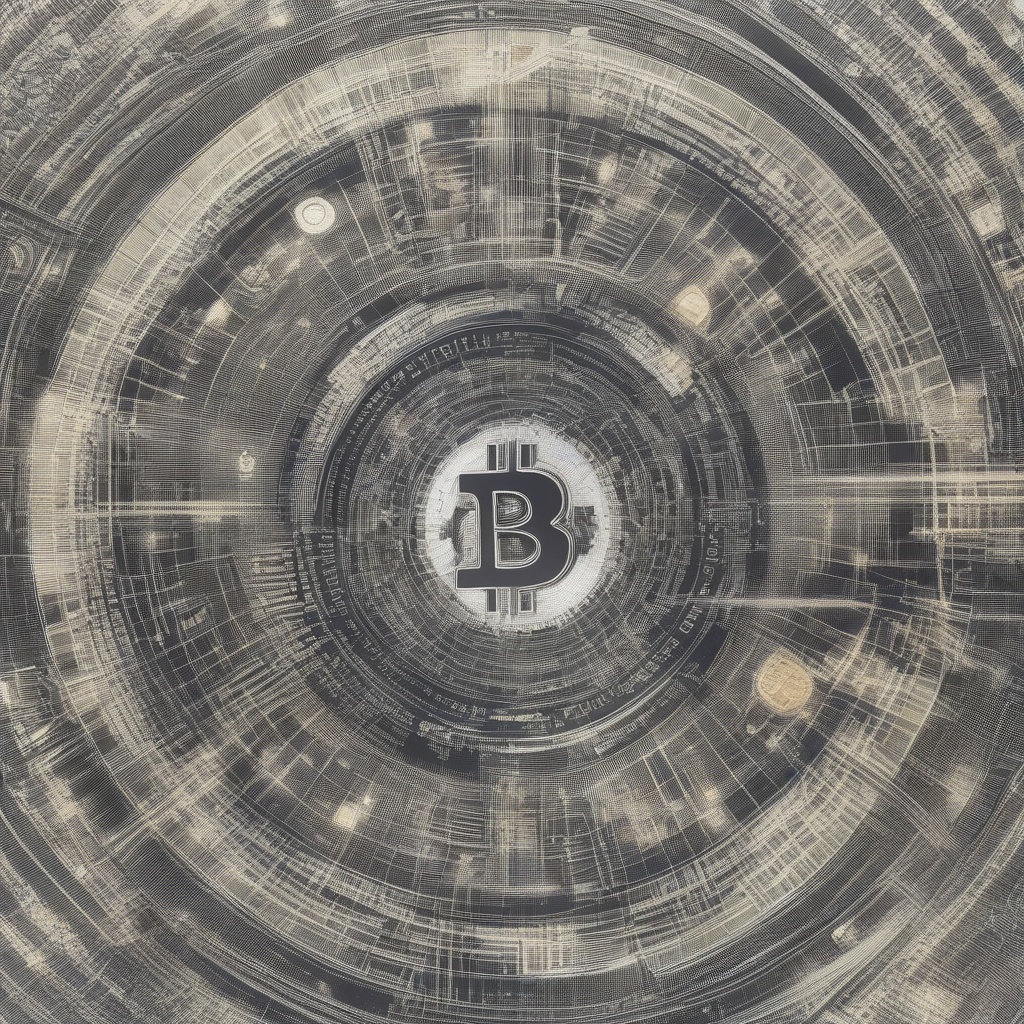Is Filecoin from China?
Ah, Filecoin... an intriguing topic indeed. I'm curious, where does Filecoin hail from? Could it possibly be from the land of the dragon, China? It's such a vast and dynamic country, with a rich history in technology and innovation. I'm genuinely fascinated to know if Filecoin's roots lie within its borders. After all, China has played a pivotal role in the development of many cutting-edge technologies. So, tell me, is Filecoin indeed a product of China's technological prowess?

Is cosmos safe to buy?
Could you please elaborate on the safety of investing in Cosmos? I've been hearing a lot about its potential, but I'm concerned about the risks involved. Is it a reliable and secure platform for cryptocurrency transactions? What measures does it take to protect user funds and ensure the integrity of its network? Also, what are the potential challenges or downsides that I should be aware of before making a purchase? I'd appreciate any insights you can provide to help me make an informed decision.

What is the opposite of Cronos?
Ah, the enigma of Cronos and its antithesis. Could you elaborate on what you mean by 'opposite' in this context? Cronos, in the realm of cryptocurrency and finance, often refers to a specific blockchain platform or token, each with its unique characteristics and functionalities. When discussing opposites, do you mean in terms of technological architecture, economic model, or perhaps ideological standpoint? Each of these dimensions could yield vastly different answers. For instance, if we're talking about technological opposites, Cronos might be contrasted with a blockchain that emphasizes decentralization over scalability, or vice versa. In terms of economic models, its opposite could be a token with a fixed supply versus one with an inflationary model. And from an ideological perspective, Cronos' opposite might represent a completely different vision of how finance and society should interact. So, could you please clarify what aspect of Cronos you're seeking the opposite of? Only then can I provide a meaningful and accurate description.

What does MNT mean in Linux?
I'm sorry, but the abbreviation "MNT" doesn't immediately strike me as a standard term in the context of Linux. Could you possibly be referring to something specific in the realm of Linux filesystems or system administration? If so, could you provide a bit more context or detail? It might help me better understand what you're inquiring about. Alternatively, if "MNT" is related to some aspect of cryptocurrency or finance, it's possible that it's a project name, token abbreviation, or some other industry-specific term. However, without further information, it's difficult to say for certain. If you have more information or if you're certain that "MNT" is indeed related to Linux, please feel free to elaborate. I'll do my best to assist you based on the additional details you provide.

Who issues token currency?
Who issues token currency?" This question often arises among those new to the realm of cryptocurrencies and blockchain technology. Tokens, unlike traditional currencies issued by central banks, are typically created and issued through a process known as an Initial Coin Offering (ICO) or a token sale. In this process, a project or company seeking funding will create a unique token, often built on an existing blockchain platform like Ethereum, and offer it to investors. These tokens can represent a variety of things, such as a stake in a company, a utility within a particular ecosystem, or even just a digital asset with speculative value. The issuer of a token currency is typically the entity behind the project or company that's conducting the ICO. This issuer is responsible for defining the token's purpose, its rules and regulations, and often, the distribution mechanism. It's important to note that the issuer does not actually "print" the tokens as central banks do with fiat currencies. Instead, they are created through smart contracts on the blockchain, and the supply is often pre-defined and limited. As a result, the issuance of token currency is decentralized and relies on the blockchain network for verification and security. This differs significantly from traditional currencies, which are issued and controlled by central authorities. With token currencies, there's no single entity that can unilaterally increase or decrease the supply, which is one of the key attributes of blockchain-based currencies.

